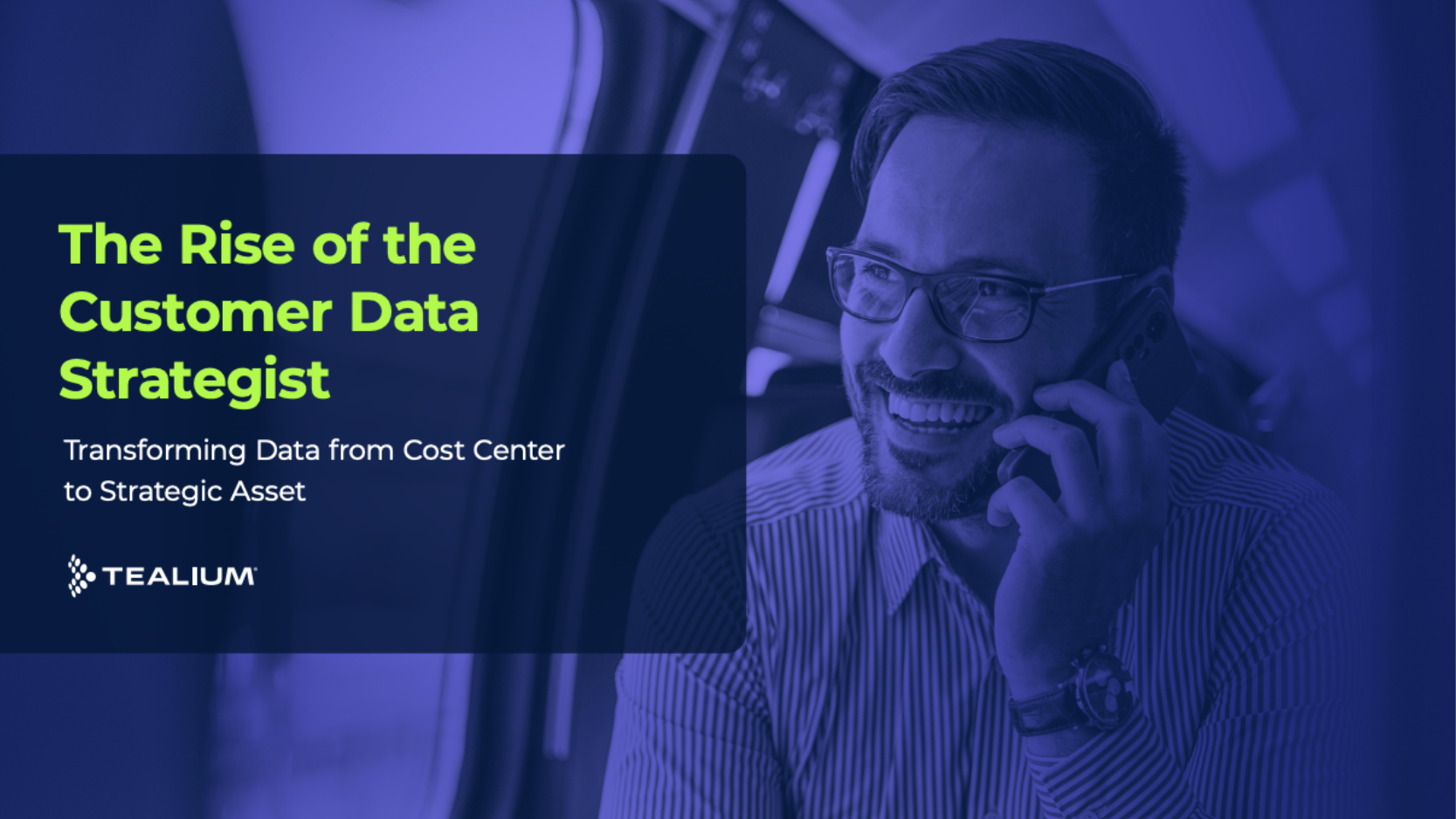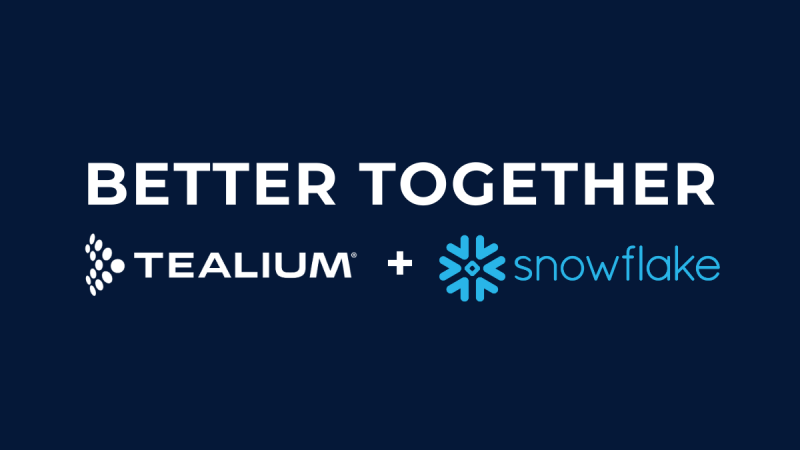The world of digital advertising is in a state of flux. With Google’s announcement about the depreciation of cookies in Chrome (and then backtracking on their plan), there are bound to be shifts. After engaging with stakeholders, including regulators, publishers, developers, and other organizations, Google said it will introduce a new experience in Chrome that aims to allow users to select their privacy-centric preferences and adjust that choice at any time.
A webinar discussion between two leading experts, Jack Pace (Zion & Zion) and Sav Khetan (Tealium), offers vital insights into the future of digital marketing, in the wake of Google’s recent announcement.
Google Will Not Remove Third-Party Cookies From Chrome, Now What?
Focus on Customers, Not Cookies
Sav and Jack cover the importance of prioritizing customers over shifting announcements. The customer experience should always be central to your brand’s focus! As the digital marketing industry changes, the focal point should be enhancing customer experiences and understanding their needs. As Jack succinctly put it, “Brands need to focus on customers and not cookies.” This strategy will mean creating a strong data foundation (see our fundamentals page, Understanding the Difference Between Zero, First, Second, and Third Party Data), and activating it accordingly.
Leveraging First-Party Data And Building Trust
Looking at data strategy, Sav and Jack highlight that first-party data plays a large role in future-proofing. As brands navigate this unique landscape, investment in first-party data is essential. As Sav and Jack point out, factors like low coverage of third-party cookies, ad blockers, and increasing opt-out rates are driving this focus toward more reliable first-party data.
Brands have the opportunity to gain control, build relationships, and personalize experiences through clean first-party data. Notably, the utilization of AI (see our product, Tealium for AI) and the role it plays in providing valuable and relevant experiences for the customer. Sav and Jack encourage brands to step into the consumer’s shoes and build a competitive advantage through first-party data.
Additionally, the speakers underscored that the future of brands and marketing is about trust. The speakers suggest that consumers are becoming more educated about data privacy and will be more willing to share their data with brands they trust. To foster this trust, brands are encouraged to provide personalized experiences that make consumers feel safe, heard, and valued.
Implement Conversions API Integration (CAPI)
While Google’s recent announcement to no longer deprecate cookies in Chrome has caused a shift in the digital marketing landscape, the strategic benefits of implementing Conversion APIs (CAPIs) remain significant.
What Is The Benefit Of Conversions API (CAPI)?
Conversions API (CAPI) enables companies to effortlessly transmit their data straight from their servers, reducing dependency on web browsers. By using CAPI, advertisers can achieve targeted results by tapping into their own managed data, which includes customer interactions with their websites, products, and services.
A CAPI strategy helps businesses uphold data privacy while enhancing ad performance and attribution, ultimately providing customers with highly tailored experiences without depending on browser-based solutions like third-party cookies. With CAPI, businesses have greater control over their data collection processes. This includes what data is sent, how it is formatted, and its transmission timing. This flexibility allows for more precise data collection!
To explore the full webinar, check it out here.







